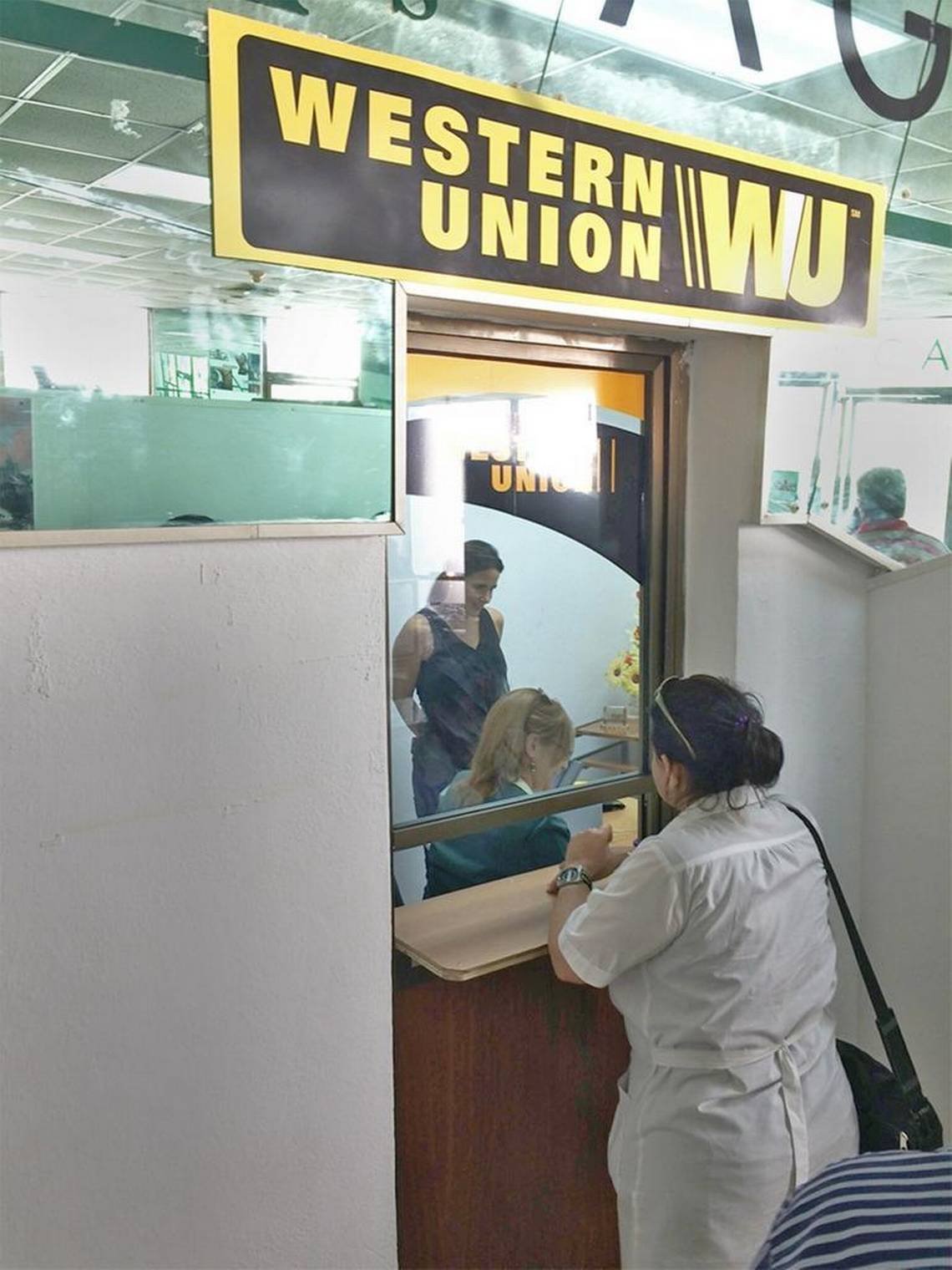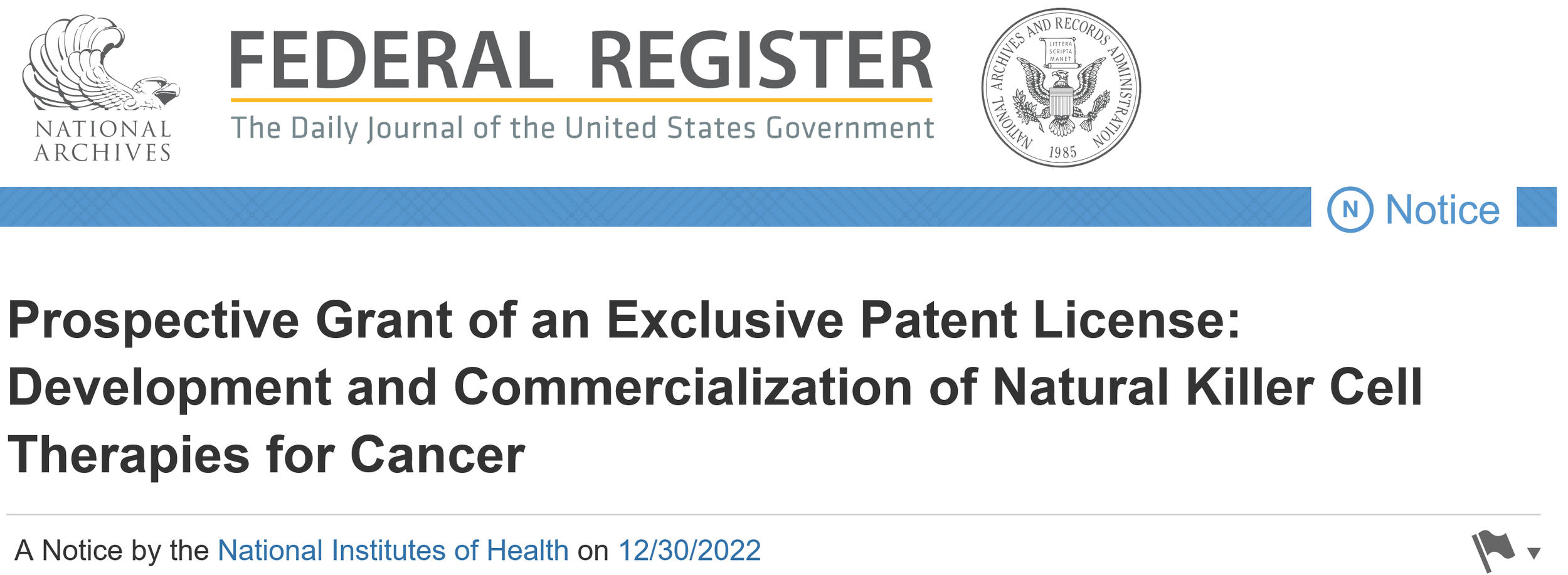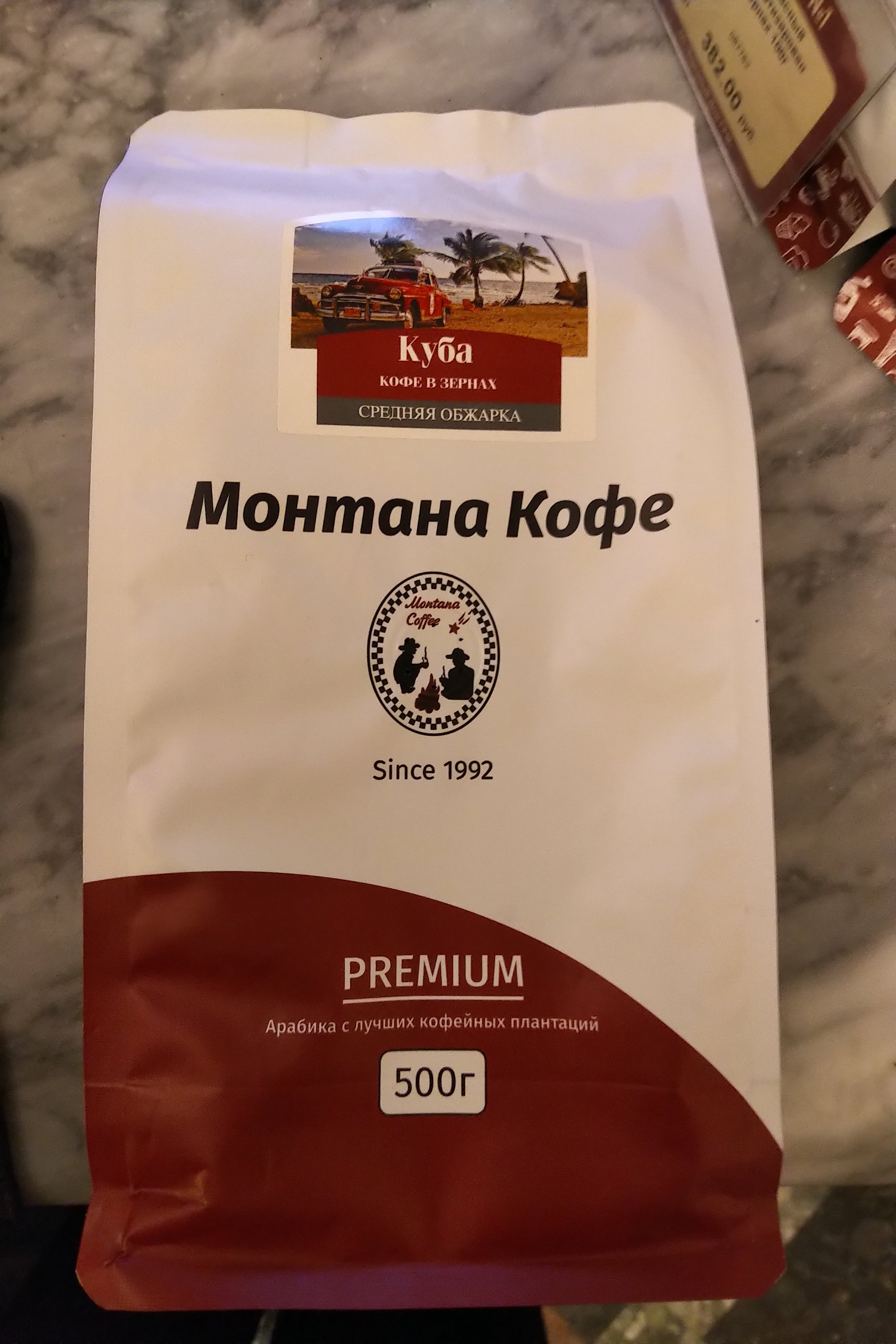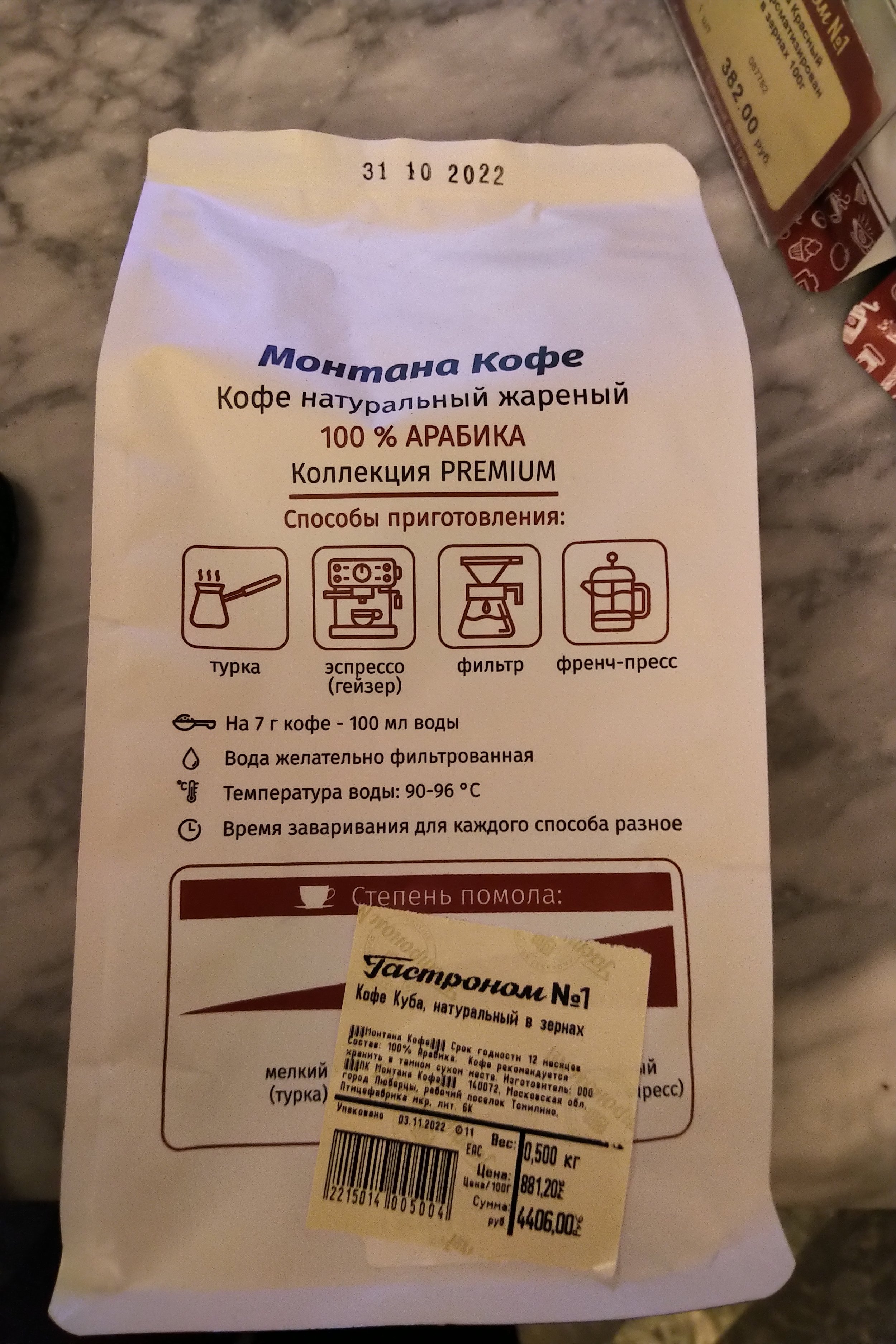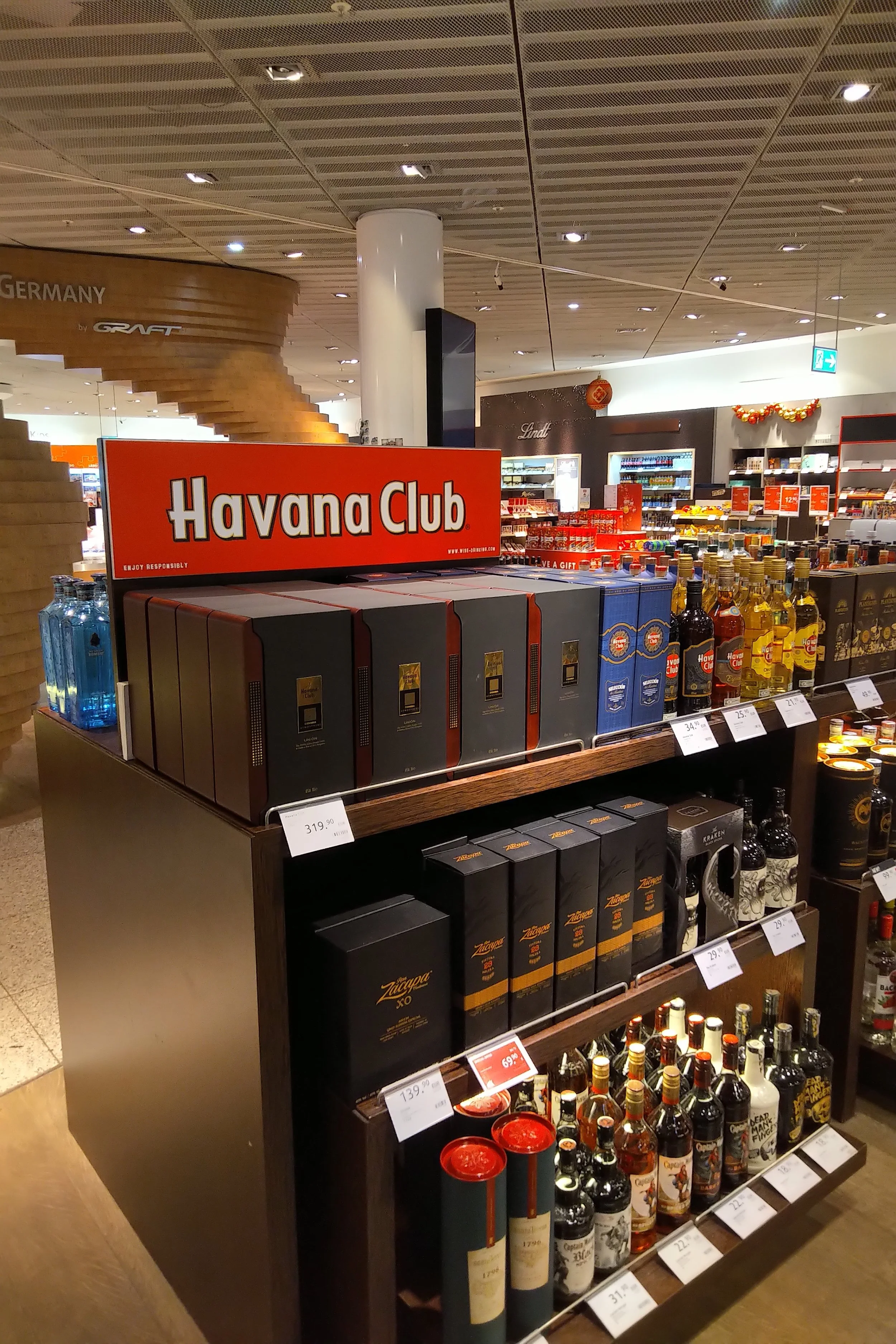“Effective immediately New Delivery Information: All Electric scooter quotes will include Air Freight and HOME Delivery to all of Cuba.”
On 17 November 2022, Columbia, Maryland-based Premier Automotive Export, Ltd. (PAE) delivered the first electric scooter to a Republic of Cuba national authorized using a license issued by the Bureau of Industry and Security (BIS) of the United States Department of Commerce.
On 29 November 2022, given marketplace demand, PAE revised its purchase policy by including in the electric scooter quoted price air freight from the United States to the Republic of Cuba and home delivery throughout the Republic of Cuba.
From Mr. John Felder, Founder and Chief Executive Officer of PAE, “Now we really have the ultimate advantage” to provide value for customers who reside in the Republic of Cuba by responding to their requests.
LINKS To Related Analyses
First “Made In USA” Electric Scooter Delivered To Female Customer From Holguin, Cuba. Customer Traveled By Bus 12 Hours To Havana. E-Scooter Traveled By Air: Miami-Toronto-Havana. Nov 21, 2022
Eleven Months After Denial, Biden-Harris Administration Approves Four-Year License To Export Electric Vehicles To Micro, Small & Medium-Size Enterprises (MSME's) In Cuba. Nov 21, 2022
Background
On 17 November 2022, on the sideline of the Havana International Fair (FIHAV) in the Republic of Cuba, Virgen Ricardo Disotuar, a Republic of Cuba national residing in the city of Holguin, Republic of Cuba, accepted delivery of the first United States-manufactured electric scooter to be exported from the United States to the Republic of Cuba using a license issued by the Bureau of Industry and Security (BIS) of the United States Department of Commerce.
The customer traveled by bus to Havana from the city of Holguin, Republic of Cuba, on a journey of approximately 422 miles which required approximately twelve (12) hours. For the return journey by bus, the 190-pound electric scooter, priced at US$2,100.00 with a two-year, 24,000-mile warranty, was partially disassembled and placed in the cargo hold.
The first BIS-authorized electric scooter was sold in the Republic of Cuba by Columbia, Maryland-based Premier Automotive Export, Ltd. (PAE). The electric scooter was a Scout model manufactured by Deerfield Beach, Florida-based Life Electric Vehicles, Inc. Electric scooter pricing ranges from US$1,900.00 to US$2,700.00 depending upon selected options.
On 28 September 2022, the BIS issued a license to PAE for the export of electric scooters and electric bicycles to Republic of Cuba nationals and to Micro, Small, & Medium-size Enterprises (MSMEs) in the Republic of Cuba.
PAE is also offering electric bicycles manufactured by Morgantown, West Virginia-based Z Electric Vehicle Corporation. Replacement parts for electric scooters and electric bicycles are delivered to the Republic of Cuba from Miami, Florida. Customer Service operations are in Miami and in Havana.
So PAE would have an electric scooter to display at FIHAV (14 November 2022 to 18 November 2022), one was disassembled and transported as baggage on a regularly-scheduled commercial flight operated by San Antonio, Texas-based Southwest Airlines from Fort Lauderdale, Florida, to Jose Marti International Airport (HAV) in the Republic of Cuba.
For the delivery of the first Scout to the first customer, with no United States-based air carriers providing direct air freight service from the United States to the Republic of Cuba with conditions to transport an electric scooter, and Jacksonville, Florida-based Crowley Liner Services requiring a payment of approximately US$4,000.00 (minimum for commercial cargo) for a 40-foot container, the electric scooter was transported from the United States to Canada and then from Canada to HAV.
The 2,968-mile journey by air began at Miami International Airport (MIA) in Miami, Florida, to Toronto Pearson International Airport (YYZ) in Mississauga, Ontario, Canada, and then to HAV. The one-way cost to transport the electric scooter was US$795.00. The air cargo company transporting the electric scooter was Miami, Florida-based America Cargo Services and the freight forwarder was Miami, Florida-based Malvar Freight Forwarding.
From order date to delivery, the process was approximately two weeks versus three or more months if ordering a non-United States manufactured electric scooter through Panama or the People’s Republic of China.
To date, PAE has sold two electric scooters and received US$100.00 deposits for eight (8) electric scooters with additional orders in process. The deposits and the remaining payments were delivered to PAE in the United States by relatives/friends of the BIS-authorized end users residing in the Republic of Cuba.
Since 2017, PAE has received five (5) licenses from the BIS to export electric vehicles from the United States to the Republic of Cuba including passenger cars, trucks, motorcycles, scooters, and bicycles along with respective parts. The first electric passenger sedan was sold in 2017 to the Embassy of Guyana in Havana.
From Mr. John Felder, Founder and Chief Executive Officer of PAE, “Our focus is to deliver the finest selection of “Made in America” assembled and manufactured vehicles to the citizens of Cuba and to assist with increasing transportation and operational efficiencies to the country’s re-emerging private sector.”
PAE is also introducing Bidirectional Charge Stations (BCS) to several embassies in Havana. From Mr. John Felder, Founder and Chief Executive Officer of PAE, “If the 124 embassies located in Havana had a fleet of electric vehicles and installed BCS, there would be less drain upon the national electrical grid.” BCS can divert power to a residence, office, or the electrical grid.
According to the government of the Republic of Cuba, there are 5,643 private MSMEs in the Republic of Cuba of which includes sixty-eight (68) Republic of Cuba government-operated entities and fifty-nine non-agricultural cooperatives. Fifty-two percent (52%) of the entities are conversions of pre-existing enterprises and forty-eight percent (48%) are new enterprises.
Recent Administration Policy Changes Background And Issue With Payments
The Biden-Harris Administration (2021- ) policies and regulations have, thus far, focused upon providing connective and re-connective opportunities to the re-emerging private sector in the Republic of Cuba.
The remaining challenge to transition Biden-Harris Administration policies from aspirational to operational is recreating a cost-efficient, timely, transparent, and secure mechanism to move funds from the United States to the Republic of Cuba and from the Republic of Cuba to the United States through the authorization of direct correspondent banking.
On 10 May 2022, the Office of Foreign Assets Control (OFAC) of the United States Department of the Treasury issued a license authorizing direct investment in and direct financing to a privately-owned company located in the Republic of Cuba owned by a Republic of Cuba national. Investment funds and dividends, and financing funds and interest/interest/principal payments must currently be transferred through financial institutions located in third countries.
The issuance of the licenses in May 2022, September 2022, and November 2022 by the OFAC and BIS will result in two-way transfers that are small in value but consistent. Privately-owned companies located in the Republic of Cuba sending dividend (profit sharing) payments to the source (s) of direct investment and sending interest and principal payments for direct financing. Republic of Cuba nationals and privately-owned companies located in the Republic of Cuba sending payment(s) for the purchase of an electric vehicle.
From Mr. John Felder, Founder and Chief Executive Officer of PAE, “Essential for the OFAC to authorize direct correspondent banking so payments for electric vehicles may be transferred by citizens of Cuba with the least amount of cost, least amount of effort, least amount of time, most amount of security, and most amount of transparency. Payments should not need to move through third-country banks. Support two-way transactions rather than three-way transactions.”
A significant transaction hurdle remains receiving payments in the United States from Republic of Cuba nationals residing in the Republic of Cuba who are restricted in the amount of Cuban Pesos they may exchange for convertible currencies, including United States Dollars and Euros.
The Office of Foreign Assets Control (OFAC) of the United States Department of the Treasury authorizes United States financial institutions to have correspondent accounts with Cuba-based financial institutions.
The decision by the Obama-Biden Administration (2009-2017) not to authorize Republic of Cuba-based financial institutions to have correspondent accounts with United States-based financial institutions never made sense- the marketplace, meaning United States-based financial institutions and their customers should determine if they want to engage in direct correspondent banking. As written, the OFAC regulations today do not provide United States companies with a viable mechanism to avoid the use (and delay and expense) of third-country financial institutions to send or receive authorized payments. Why one way, but not both ways?
The use of correspondent accounts is particularly critical to the re-emerging private sectors in Cuba as represented by MSMEs.
The current requirement to move funds from the Republic of Cuba and to the Republic of Cuba through third-country financial institutions is inefficient, not transparent, and expensive- especially when considering that MSME transactions are often small which makes the fees far more onerous as a percentage of the total transaction. This is true for vehicles and vehicle parts.
There are discussions within the BIS, OFAC, and United States Department of State to authorize Republic of Cuba-based financial institutions to have correspondent accounts with United States-based financial institutions which would then permit the efficient, transparent, and cost-effective movement of funds for authorized transactions.
PAE BIS License History
This is the fifth (5) BIS license issued to PAE for the export of vehicles (gasoline and electric) to the Republic of Cuba, including for use by embassies. The first BIS license was issued during the Obama-Biden Administration (2009-2017), the second BIS license was issued during the Trump-Pence Administration (2017-2021), and the third, fourth, and fifth BIS licenses were issued during the Biden-Harris Administration.
From the BIS: “There is a general policy of denial for exports and reexports to Cuba of items subject to the EAR, as described in Section 746.2(b) of the EAR. However, there are exceptions to the general policy of denial, some of which are listed below: … Items necessary for the environmental protection of U.S. and international air quality, waters and coastlines, including items related to renewable energy or energy efficiency, are generally approved.”
BIS License D1297862 (11/17/22- 11/30/26)- Electric vehicles and chargers to republic of cuba nationals with the “ULTIMATE CONSIGNEE: Privately owned companies in the Republic of Cuba owned by Cuba Nationals.”
BIS License D1290656 (9/28/22-9/30/26)- Electric scooters and electric bicycles to individuals of Cuban descent and to Micro, Small and Medium-Size Enterprises (MSMEs) in the Republic of Cuba owned by Republic of Cuba nationals.
BIS License D1267261 (1/24/22-1/31/26)- Sales only to embassies. Automobiles: Gasoline powered, Pickup trucks with ICE, Electric or Hybrid Engines. Options to include 4x4, 2 or 4 door cab.
BIS License D1166163 (7/3/19-7/31/23)- Sales only to embassies. Forty-one (41) different parts for gasoline powered vehicles.
BIS License D1076571 (1/9/17-1/31/21)- To export Nissan Leaf electric vehicle and Clipper Creek level II 40-amp electric charger with J-1772 universal charging connector to embassy of Guyana in Havana, Republic of Cuba. LINK
BIS License Exception (2017/2018)- Four (4) electric scooters. A license exception is a general authorization to export or reexport certain items without a license under stated conditions. Only the license exceptions, or portions thereof, listed Section 746.2(a)(1) of the EAR are available for Cuba…. Support for the Cuban People: License Exception Support for the Cuban People (SCP) “§ 740.21 Support for the Cuban People (SCP). (a) Introduction. This License Exception authorizes certain exports and reexports to Cuba that are intended to support the Cuban people by improving their living conditions and supporting independent economic activity; strengthening civil society in Cuba; and improving the free flow of information to, from, and among the Cuban people. (b) Improving living conditions and supporting independent economic activity.…. (1) Items for use by the Cuban private sector for private sector economic activities… (2) Items sold directly to individuals in Cuba for their personal use or their immediate family's personal use,”
LINKS To Related Analyses
First “Made In USA” Electric Scooter Delivered To Female Customer From Holguin, Cuba. Customer Traveled By Bus 12 Hours To Havana. E-Scooter Traveled By Air: Miami-Toronto-Havana. Nov 21, 2022
Eleven Months After Denial, Biden-Harris Administration Approves Four-Year License To Export Electric Vehicles To Micro, Small & Medium-Size Enterprises (MSME's) In Cuba Nov 21, 2022
Biden-Harris Administration Re-Engagement With Cuba’s Re-Emerging Private Sector Brings Urgency To Re-Authorization Of Direct Correspondent Banking, U-Turn Transactions. One-Way Does Not Work. October 06, 2022
Ten Months After Denial, Biden-Harris Administration Approves Exports Of Electric Motorcycles, Electric Scooters To Cuba Nationals And To Privately-Owned Companies In Cuba October 05, 2022
BIS "Returned Without Action" License Application To Donate EV Chargers To U.S. Embassy In Havana Because "Ultimate Consignee" Cancelled Transaction March 07, 2022
U.S. Department Of State Appoints "Chief Sustainability Officer"- Mandate Text Includes Focus On "Electrifying Fleet" And "Host Partners" Does This Mean EVs For Cuba? President Biden Supports? February 10, 2022
While Promoting EV Use In The United States, Biden-Harris Administration Refuses To Permit Exports Of EVs To Cuba For Use By Re-Emerging Private Sector- And U.S. Embassy In Havana Does Not Want One. February 08, 2022
Surprise Decision: Biden-Harris Administration Renews Trump-Pence Administration License To Export EVs To Embassies In Cuba. Company Offers To Donate EV Chargers To U.S. Embassy/Ambassador Residence January 25, 2022
President Biden Rejects BIS License Application To Export Electric Vehicles/Chargers To Cuba's Self-Employed, MSME's. Reversal Of "General Policy Of Approval." President Trump Authorized EV Exports. December 20, 2021
Beginning Today Residents Of Cuba May Purchase And Install Residential Solar Systems. Cost 55,000.00 Pesos (US$2,300.00). Call 7833-3333. November 04, 2021
Cuba Has Nickel And Cobalt. Vehicle Electric Batteries Use Nickel And Cobalt. Cuba Should Benefit. September 25, 2021
Cuba Owes Partner Canada's Sherritt International Corporation Tens Of Millions Of US Dollars. But, Both Cuba & Patient Company (And Shareholders) Anticipate Profitable Role With Electric Vehicles. July 03, 2021
Restriction On Sale Of Premium Gasoline May Benefit Electric Vehicles & Solar Panels; Embassies Concerned. April 07, 2017
Florida Company Receives License To Export Electric Vehicles To Cuba; Charging Stations From New Jersey-Based Company. January 25, 2017
Florida Company Receives License To Export Electric Vehicles To Cuba; Charging Stations From New Jersey-Based Company January 25, 2017



